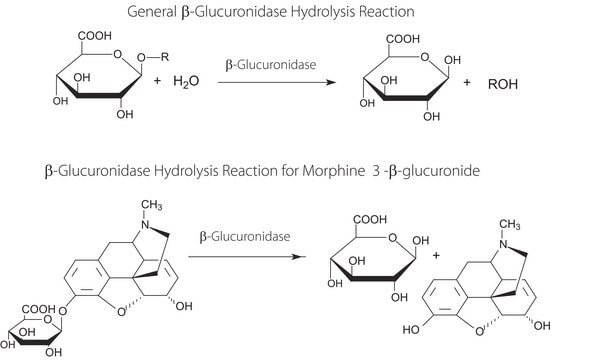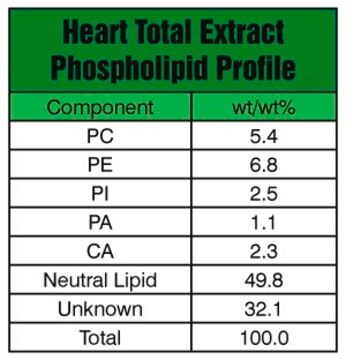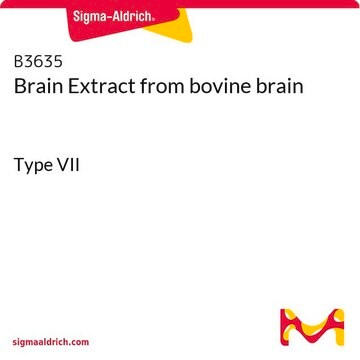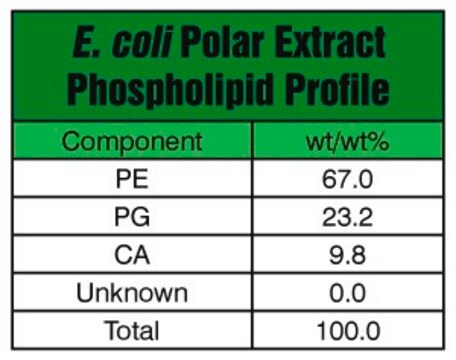141101P
Avanti
Brain Extract Polar
Avanti Research™ - A Croda Brand
Synonym(s):
Brain Polar Lipid Extract (Porcine)
Sign Into View Organizational & Contract Pricing
All Photos(1)
About This Item
Recommended Products
form
powder
packaging
pkg of 1 × 100 mg (141101P-100mg)
pkg of 5 × 100 mg (141101P-500mg)
manufacturer/tradename
Avanti Research™ - A Croda Brand
lipid type
lipid extracts
shipped in
dry ice
storage temp.
−20°C
General description
Brain Extract Polar comprises phosphatidylethanolamine as a major lipid component. It also contains phosphatidylserine and phosphatidylcholine. The minor components include the phosphatidic acid and phosphatidylinositol.
Brain Polar Lipid Extract is derived from the total lipid extract by precipitation with acetone followed by extraction of the acetone insoluble material with diethyl ether.
Application
Brain Extract Polar has been used in parallel artificial membrane permeability assay (PAMPA) for coating membrane to evaluate blood brain-barrier permeability, and for drug permeability studies.
Biochem/physiol Actions
Lipid extracts from the mammalian tissues like brain, kidney and liver are used in generating model membranes for mimicking real membranes. Brain lipid, especially the polar fraction play a key role in the inhibition of prion seeded amyloid formation.
Packaging
5 mL Clear Glass Sealed Ampule (141101P-100mg)
5 mL Clear Glass Sealed Ampule (141101P-500mg)
Legal Information
Avanti Research is a trademark of Avanti Polar Lipids, LLC
Storage Class Code
11 - Combustible Solids
WGK
WGK 3
Certificates of Analysis (COA)
Search for Certificates of Analysis (COA) by entering the products Lot/Batch Number. Lot and Batch Numbers can be found on a product’s label following the words ‘Lot’ or ‘Batch’.
Already Own This Product?
Find documentation for the products that you have recently purchased in the Document Library.
Customers Also Viewed
Rapid screening of brain-penetrable antioxidants from natural products by blood-brain barrier specific permeability assay combined with DPPH recognition
Zhu J, et al.
Journal of Pharmaceutical and Biomedical Analysis, 151, 42-48 (2018)
Clearance-dependent underprediction of in vivo intrinsic clearance from human hepatocytes: comparison with permeabilities from artificial membrane (PAMPA) assay, in silico and caco-2 assay, for 65 drugs
Hallifax D, et al.
European Journal of Pharmaceutical Sciences, 45(5), 570-574 (2012)
Irene Paterniti et al.
PloS one, 6(1), e15937-e15937 (2011-02-08)
Primary traumatic mechanical injury to the spinal cord (SCI) causes the death of a number of neurons that to date can neither be recovered nor regenerated. During the last years our group has been involved in the design, synthesis and
Laura Campello et al.
Cellular physiology and biochemistry : international journal of experimental cellular physiology, biochemistry, and pharmacology, 54(1), 142-159 (2020-02-07)
It is well established that oxidative stress and inflammation are common pathogenic features of retinal degenerative diseases. ITH12674 is a novel compound that induces the transcription factor Nrf2; in so doing, the molecule exhibits anti-inflammatory, and antioxidant properties, and affords
David S Wexler et al.
Journal of biomolecular screening, 10(4), 383-390 (2005-06-21)
Solubility and permeability are intimately linked in drug absorption processes. They have, however, been traditionally assayed separately. To support this linkage, a combined solubility/permeability assay was developed for determining absorption properties of chemical entities. First, solubility is determined at 4
Our team of scientists has experience in all areas of research including Life Science, Material Science, Chemical Synthesis, Chromatography, Analytical and many others.
Contact Technical Service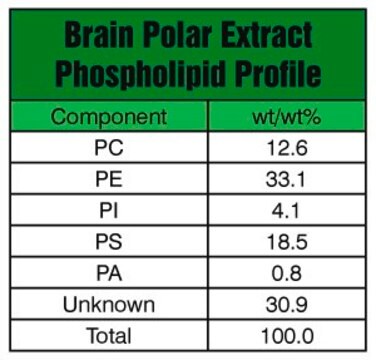
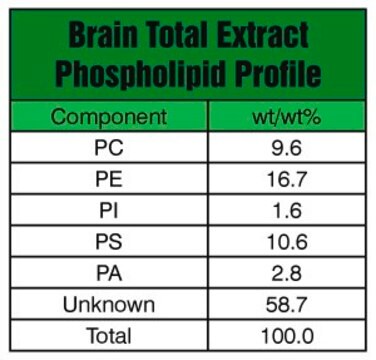


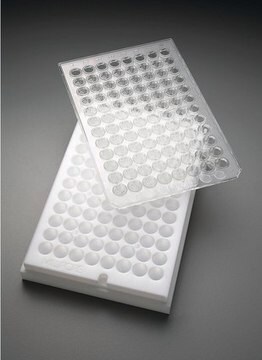
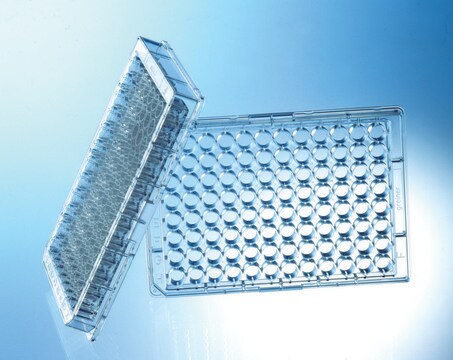
![(3RS)-9-Fluoro-3-methyl-10-(4-methylpiperazin-1-yl)-2,3-dihydro-7H-pyrido[1,2,3-de]-1,4-benzoxazin-7-one certified reference material, TraceCERT®, Manufactured by: Sigma-Aldrich Production GmbH, Switzerland](/deepweb/assets/sigmaaldrich/product/structures/277/860/e3312473-93c3-4ac2-bbb9-dfedf9b6ef2b/640/e3312473-93c3-4ac2-bbb9-dfedf9b6ef2b.png)

